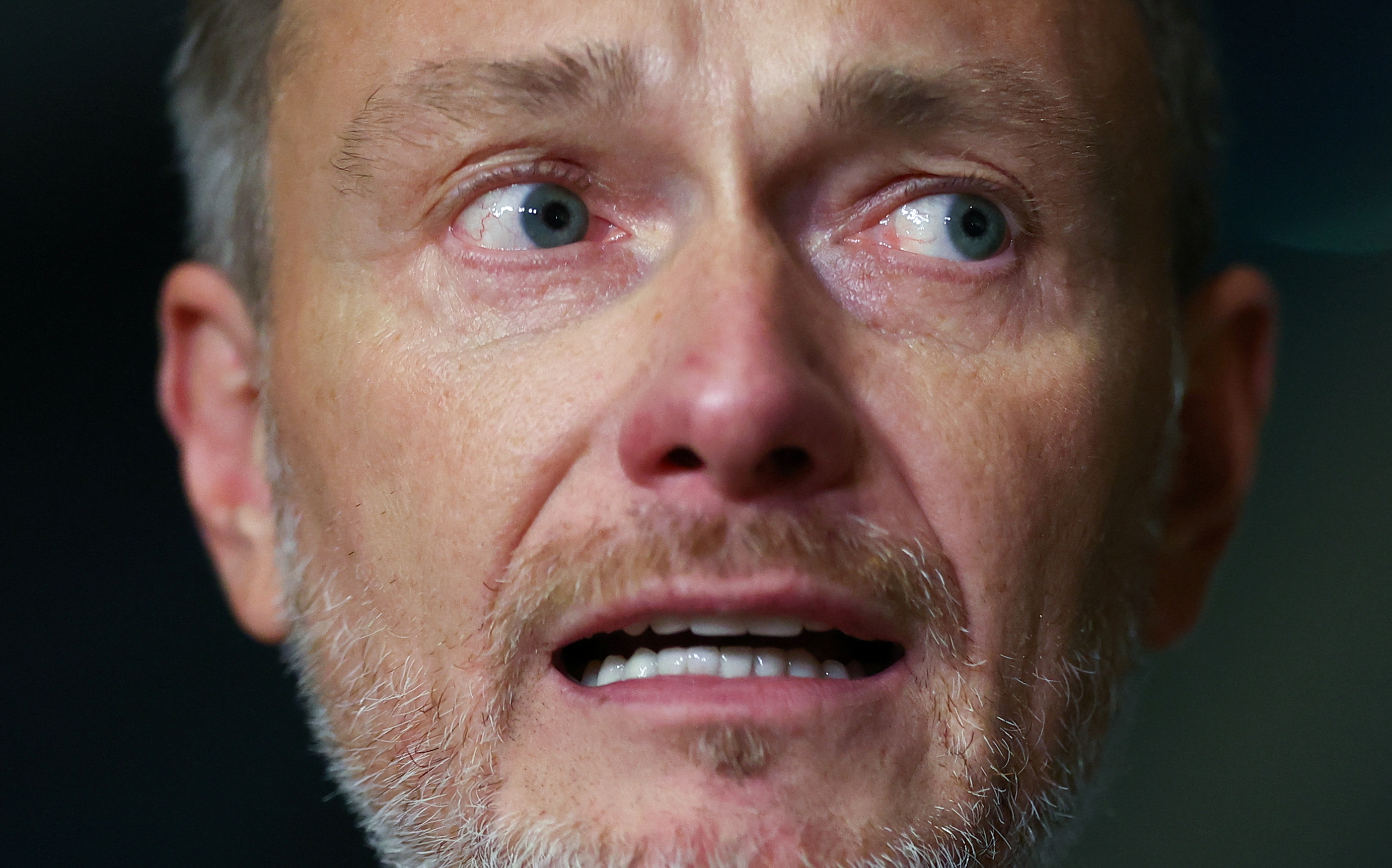Germany is still capable of functioning after Chancellor Olaf Scholz fired his finance minister, spelling an end to his fractious coalition and paving the way for new elections, Vice Chancellor Robert Habeck said on Thursday.
The coalition collapsed on Wednesday when years of tensions climaxed in a row over economic and fiscal policy in Germany, Europe’s largest economy, shortly after Donald Trump won the U.S. presidential election.
Scholz, of the centre-left Social Democrats (SPD), said he and the Greens party wanted to suspend the debt brake to hike support for Ukraine and for a flatlining economy, which his finance minister of the fiscally conservative Free Democrat (FDP) party opposed.
The chancellor has said he still aims to pass those measures before holding a confidence vote in January that he would probably lose, triggering new elections by the end of March.
For that, he would need to rely on cobbled-together parliamentary majorities, notably with support from the opposition conservatives, whose leader Friedrich Merz was due to hold a news conference shortly.
Asked if Germany was still capable of functioning, Habeck, a member of the Greens, told radio broadcaster Deutschlandfunk: “Yes, of course we are,” adding however that “we no longer have a majority in parliament”.
The coalition caved in a day after the election of Republican Trump as U.S. president, with Europe scrambling to form a united response on issues from possible new U.S. tariffs to Russia’s war in Ukraine and the future of the NATO alliance.
The government crisis comes at a critical juncture for Germany, which is struggling with a stagnating economy, aging infrastructure and an unprepared military.
The collapse of the government could also be a “blessing” given the tensions within it, said ING economist Carsten Brzeski. “Elections and a new government could and should end the current paralysis of an entire country and offer new and clear policy guidance and certainty,” he said.
Some in the conservatives and in the FDP have called for earlier new elections.
“We now need clarity quickly,” the head of the FDP parliamentary group in the Bundestag, Christian Duerr, told ARD broadcaster. “I think he should call a vote of confidence very quickly.”
He criticised the fact that the previous coalition partners, the SPD and the Greens, had only offered to create new debt and not any real reforms.
“That can’t be an option,” he said.







Click here to change your cookie preferences